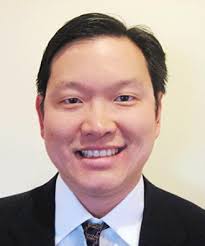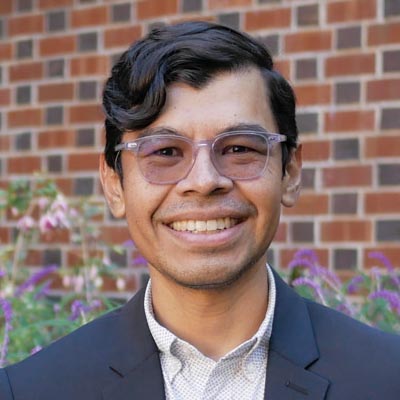The purpose of the CFAR Social and Behavioral Sciences Research Network (SBSRN) is to foster cross CFAR collaborations between behavioral and social scientists, to share strategies on how behavioral and social scientists communicate with basic scientists, to provide a forum for the exchange of the most recent information in the behavioral sciences regarding HIV/AIDS, and to mentor the next generation of behavioral social scientists.
The UCSF-Gladstone CFAR hosted the 11th SBSRN meeting in October 2017.
Agenda
Moderator
- Marguerita Lightfoot, PhD, Professor of Medicine, UCSF; Chief, Division of Prevention Science; Director, Center for Prevention Studies (CAPS) and UCSF Prevention Research Center (PRC)
Presentations and Speakers
IAPAC Fast Track Cities Initiative
Sindhu Ravishankar, MPhil
Director, Fast Track Cities, IAPAC
Ending the Epidemic in New York State
Robert H. Remien, PhD
Professor of Clinical Psychology, Columbia University
Getting to Zero in San Francisco
Wayne Steward, PhD, MS, MPH
Associate Professor, Medicine/CAPS, UCSF
Oakland’s Fast Track to 90-90-90 Initiative
Marsha Martin, DSW
Director, Get Screened Oakland
Strategy to End AIDS in Fulton County
Jonathan Colasanti, MD, MSPH
Assistant Professor of Medicine and Public Health, Emory University
Moderator
- Wilson Vincent, Assistant Professor, Medicine/CAPS, UCSF
Presentations and Speakers
Community empowerment approach with transgender populations
Jae Sevelius, PhD
Associate Professor, Medicine/CAPS, UCSF
Community mobilization approach for prevention and engagement
Sheri Lippman, PhD, MPH
Associate Professor, Medicine/CAPS, UCSF
Behavioral economic approaches to adherence
Sebastian Linnemayr, PhD, MA
Senior Economist, RAND Corporation
Ethnographic and social network approaches
Emily Arnold, PhD, MPH
Associate Professor, Medicine/CAPS, UCSF
Moderator
- Susan Kegeles, Professor, Medicine/CAPS, UCSF
Presentations and Speakers
PrEP implementation using technology
Albert Liu, MD, MPH
Director, HIV Prevention Intervention Studies, Bridge HIV
Food insecurity
Sheri Weiser, MD, MPH
Associate Professor, Medicine, UCSF
Scaling economic programming and interventions
Sandra McCoy, MD, MPH
Associate Adjunct Professor, Epidemiology, UC Berkeley
Trauma-informed care
Edward Machtinger, MD
Professor of Medicine, UCSF
Social science implications of the SEARCH Trial
Carol Camlin, PhD, MPH
Associate Professor, Ob/Gyn & Reproductive Sciences, UCSF
Moderator
- Wayne Steward, Associate Professor, Medicine/CAPS, UCSF
Presentations and Speakers
Political overview
Jeffrey Crowley, MPH
Program Director, Infectious Disease Initiative, O’Neill Institute for National and Global Health Law at Georgetown Law
Policy regarding harm reduction including safe consumption
Laura Thomas, MPP, MPH
Deputy State Director for California, Drug Policy Alliance
Moderator
- John Sauceda, PhD, Assistant Professor, Medicine/CAPS, UCSF
Presentations and Speakers
Update on HIV cure science
Steven Deeks, MD
Professor of Medicine, UCSF
Social behavioral research in HIV cure
Karine Dubé, DrPH, MPhil
Research Assistant Professor, Public Health, UNC-Chapel Hill
Community engagement in HIV cure science
David Evans
Director of Research Advocacy, Project Inform
Moderator
- Mallory Johnson, PhD, Professor, Medicine/CAPS, UCSF
Panel Members
- Paul Gaist, PhD, MPH Behavioral and Social Sciences Research Section, OAR/OD/NIH
- Christopher Gordon, PhD Branch Chief, Division of AIDS Research, NIMH
- Rick Berzon, DrPH, PA Program Director, Division of Extramural Scientific Programs, NIMHD




